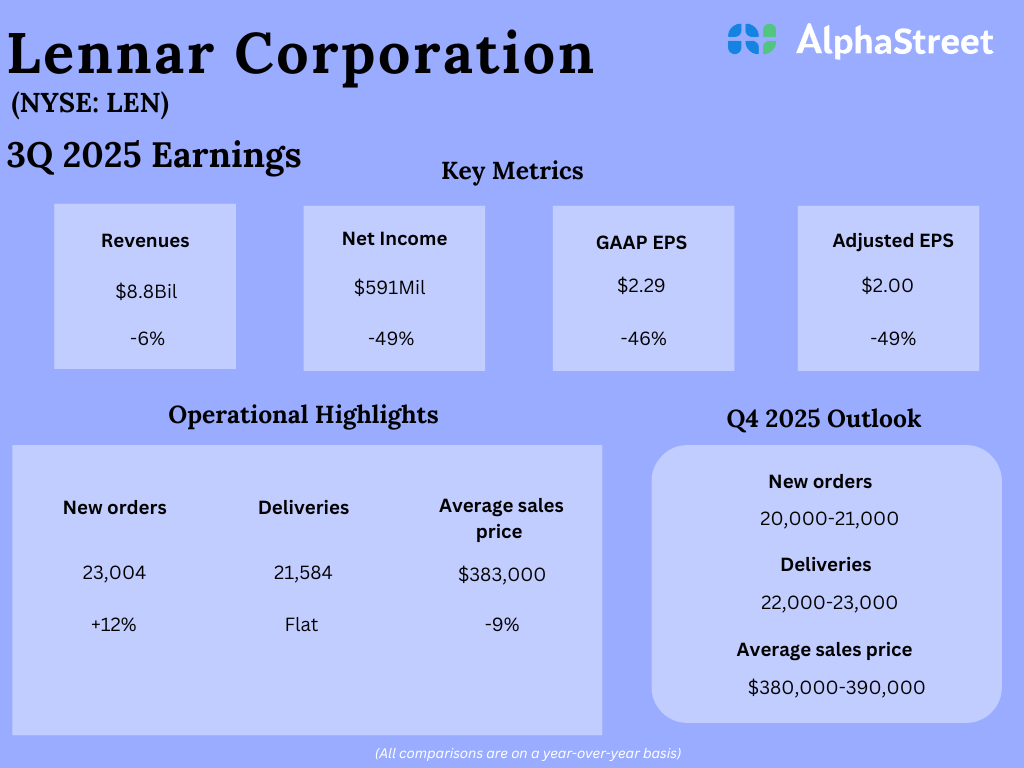China’s largest EV battery-maker won’t let the hostile political climate between the U.S. and China disrupt its plans to expand in the U.S. even as Washington ramps up efforts to restrict Chinese-made technologies.
The chairman of Contemporary Amperex Technology Co., or CATL, called geopolitics “transitory” and said, “each government administration lasts only four or five years, but business relationships last decades,” in an interview with The Wall Street Journal, adding that governments’ commitment to battling climate change will eclipse geopolitics leaving CATL free to provide batteries to some of the U.S.’s largest EV makers like Ford (NYSE:F) and Tesla (NASDAQ:TSLA).
According to The Wall Street Journal citing SNE Research, one in three electric vehicles sold globally contained a lithium-ion battery produced by CATL.
To bypass U.S. restrictions, Ford (F) announced plans to construct a lithium-ion phosphate battery plant in Michigan using technology licensed from CATL. The partnership raised the ire of lawmakers who claim CATL is associated with the Chinese military, Chinese Communist Party, and uses forced labor of Uyghurs in the Xinjiang region.
“Ford’s partnership with a Chinese company could aid China’s efforts to expand its control over United States electric vehicle supply chains and jeopardize national security by furthering dependence on China,” said Mike Gallagher (R-WI) and Cathy McMorris Rodger (R-WA) in a letter urging intervention from the Biden administration.
As part of the Inflation Reduction Act, any EV containing battery components and/or critical material produced or processed by a “Foreign Entity of Concern” will be ineligible from financial incentives and tax credits, and the original equipment maker, or OEM, will lose the subsidy advantages.
Beginning this year, vehicles containing battery components manufactured or assembled by an FEOC will be ineligible for the $3,750 tax credit. And beginning in 2025, vehicles whose batteries contain certain “critical minerals” extracted or processed by an FEOC will also be ineligible for the other $3,750 tax credit.
Chinese companies, however, are coming up with “work arounds” to the law, such as joint ventures with companies in U.S. free-trade zones like South Korea and Singapore, and licensing agreements similar to that with Ford (F).
















